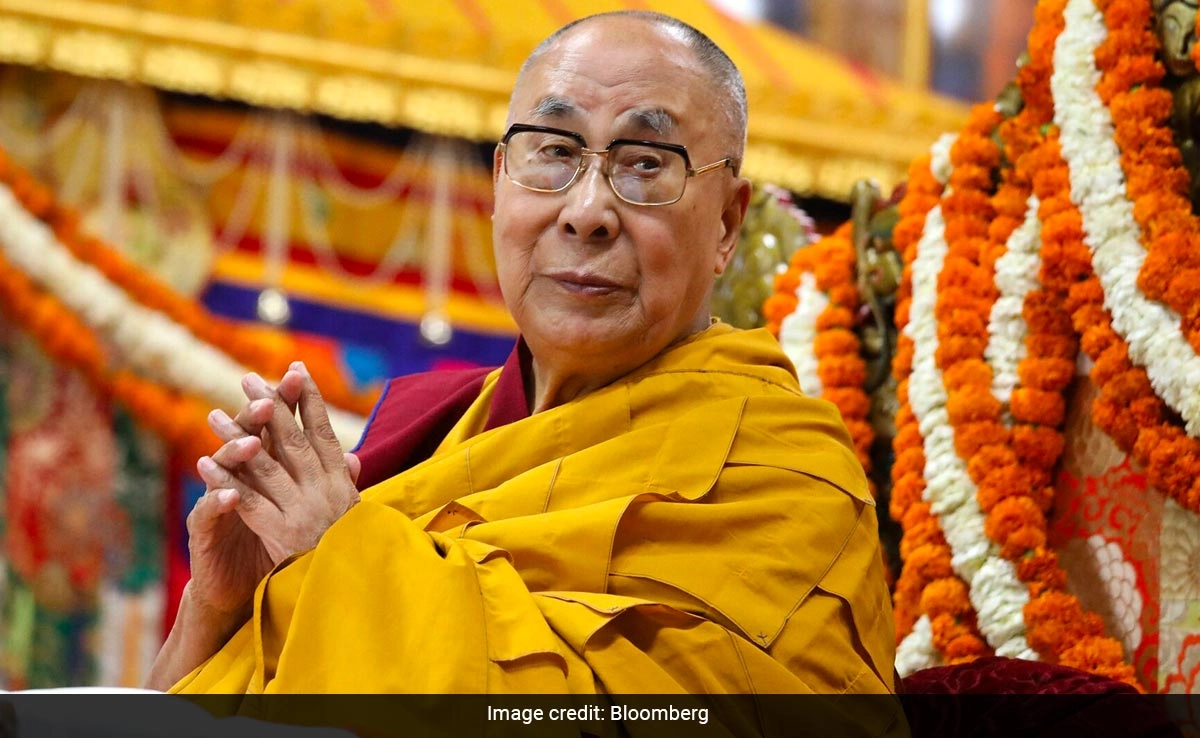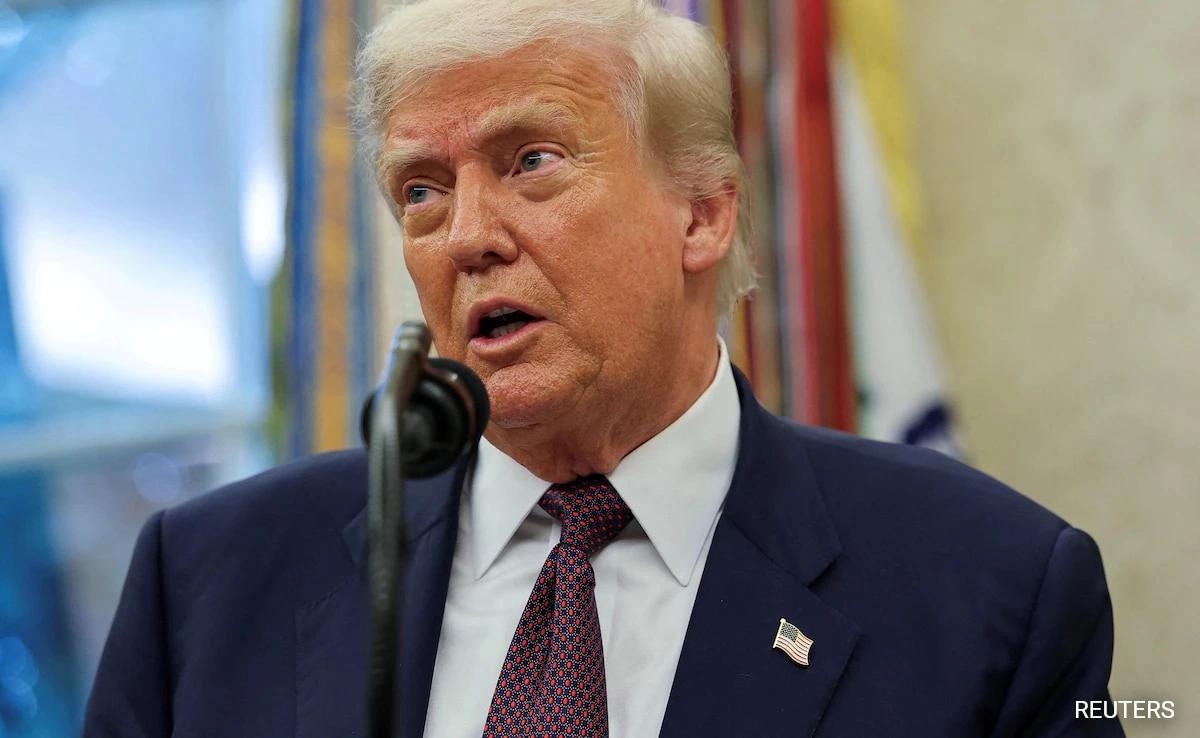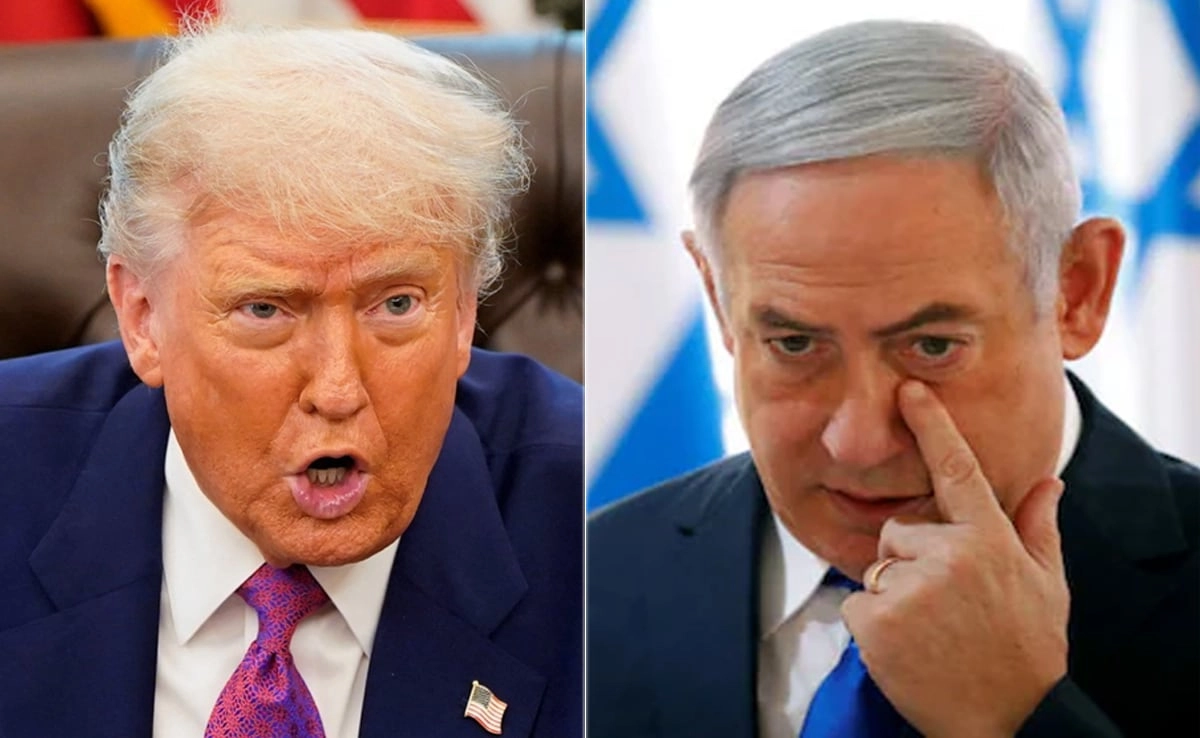The Dalai Lama, the spiritual leader of Tibetan Buddhism, has recently announced that he will unveil his succession plan, a topic that has been the subject of much speculation and debate. The process of selecting a successor to the Dalai Lama is steeped in tradition and spirituality, as it involves intricate rituals and a deep understanding of Tibetan culture. The Dalai Lama has emphasized the importance of ensuring that his successor embodies the values and teachings of Tibetan Buddhism, maintaining the continuity of spiritual leadership for the Tibetan people and ensuring the preservation of their cultural heritage.
Historically, the selection of a new Dalai Lama has involved various methods, including the identification of a reincarnated leader, often through a series of signs and tests that point to a child’s past life. This process is not only a spiritual event but also carries significant political implications, especially in light of Tibet’s tumultuous history with China. The Chinese government has expressed its desire to control the selection process, which raises questions about the future of Tibetan Buddhism and the autonomy of its spiritual leadership. The Dalai Lama’s forthcoming revelations about his succession will likely address these complex dynamics and aim to safeguard the integrity of the Tibetan identity.
As the world awaits the Dalai Lama’s announcement, many are curious about how he will navigate these intricate issues. The succession plan may involve not just the identification of a potential successor but also a broader vision for the future of Tibetan Buddhism. This could include fostering a sense of unity among Tibetan Buddhists within and outside Tibet, as well as addressing the challenges posed by globalization and modernity. The Dalai Lama has always championed the values of compassion, non-violence, and dialogue, and it is expected that these principles will play a central role in the succession plan.
In a rapidly changing world, the Dalai Lama’s decision on his succession is more than just a religious matter; it resonates deeply with political and cultural ramifications. It will be interesting to see how he balances these elements, ensuring that his successor is not only a spiritual leader but also a symbol of hope and resilience for the Tibetan people. The anticipation surrounding this announcement reflects the profound connection between the Dalai Lama and his followers, highlighting the importance of spiritual leadership in maintaining cultural identity amidst adversity. The forthcoming succession plan is poised to shape the future of Tibetan Buddhism and could serve as a crucial step in preserving the legacy of one of the world’s most revered spiritual figures.




